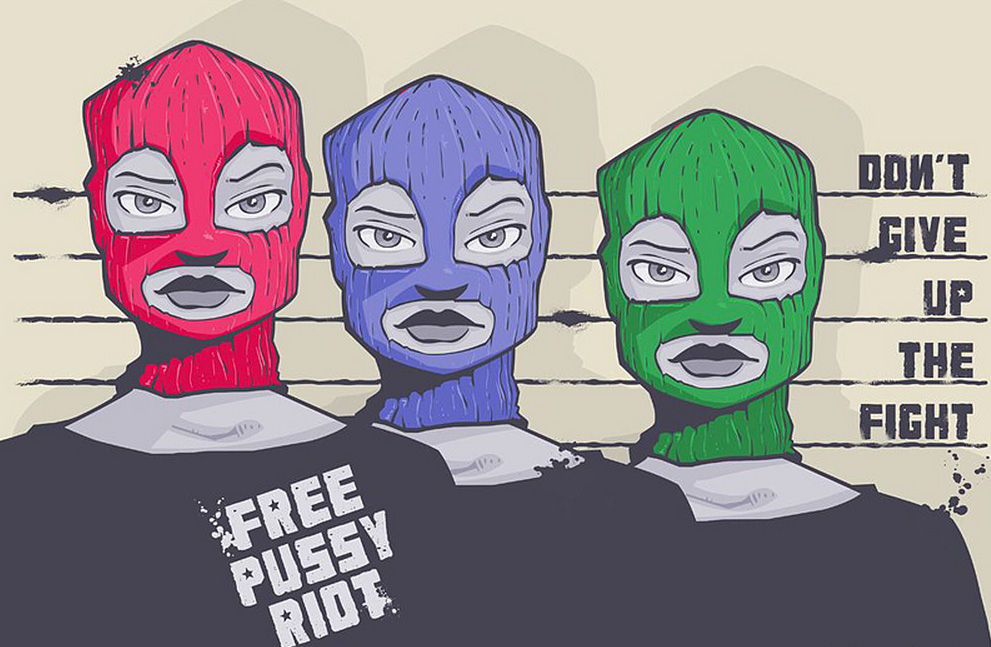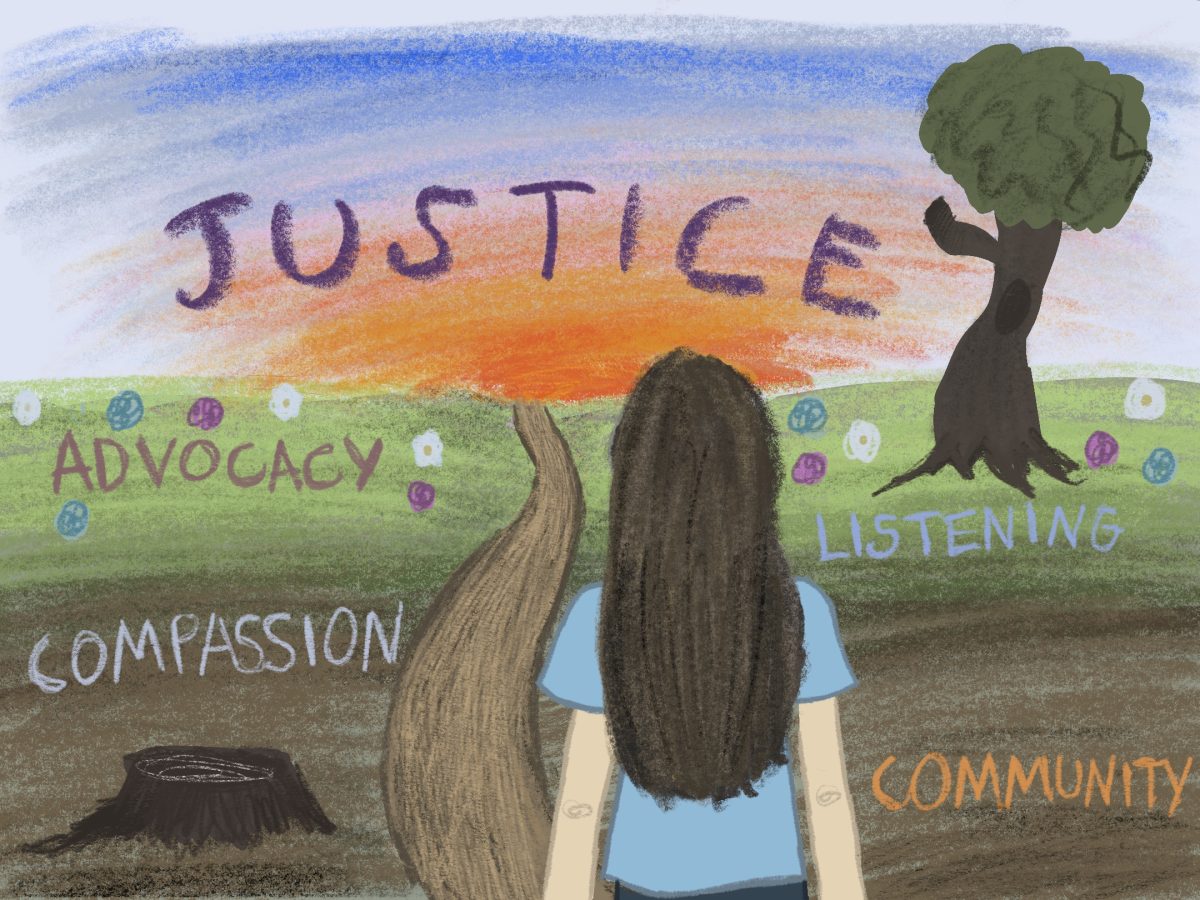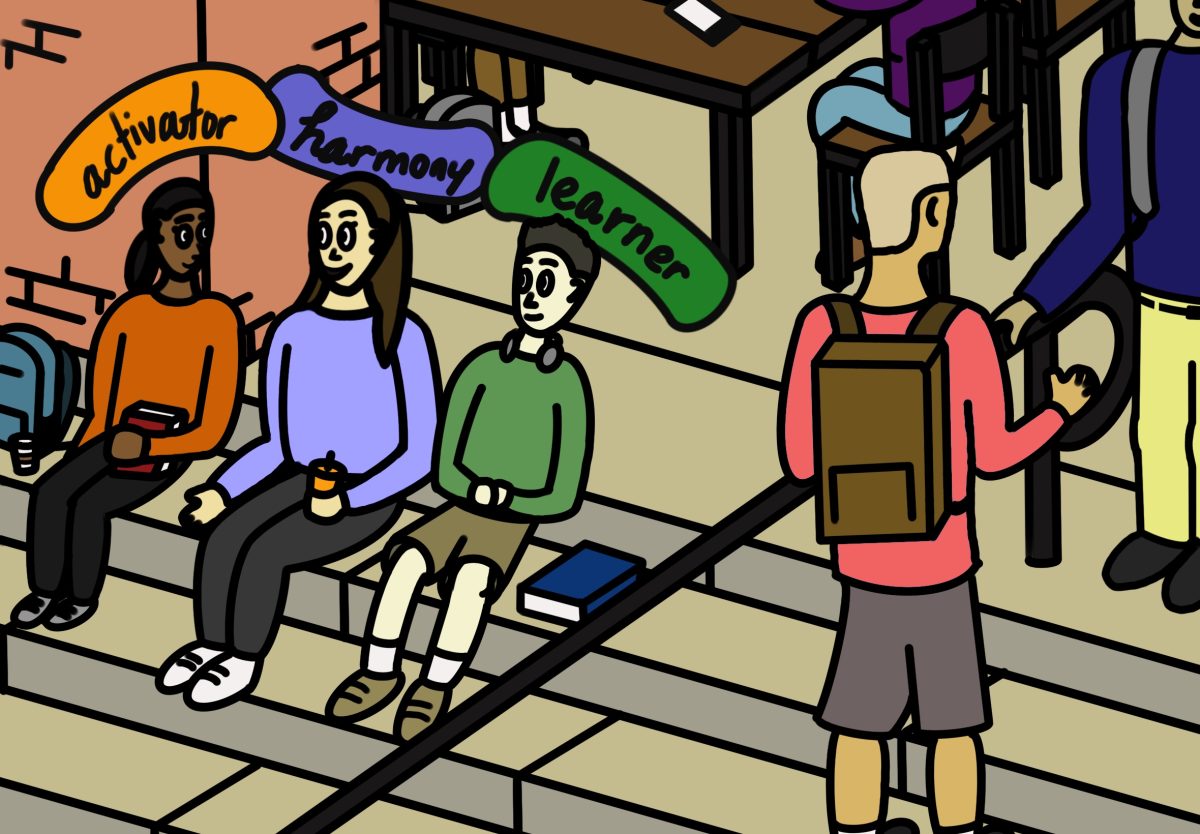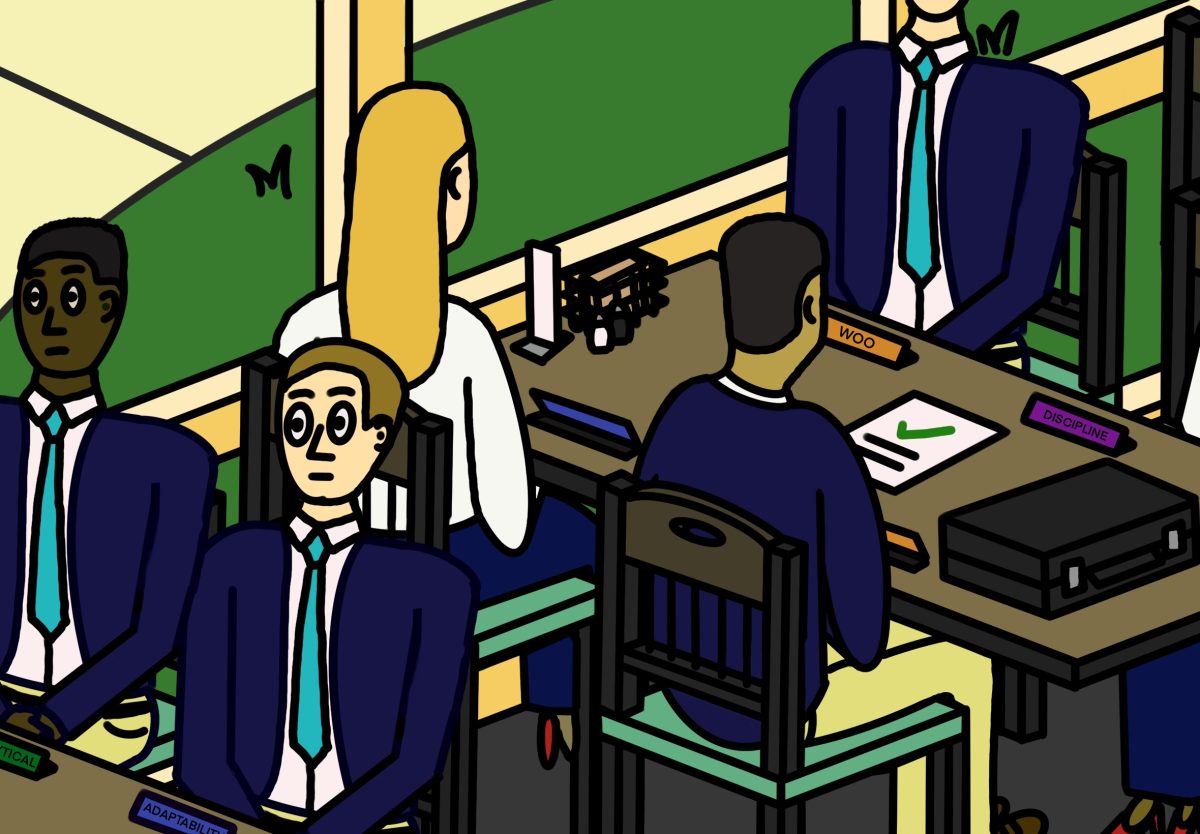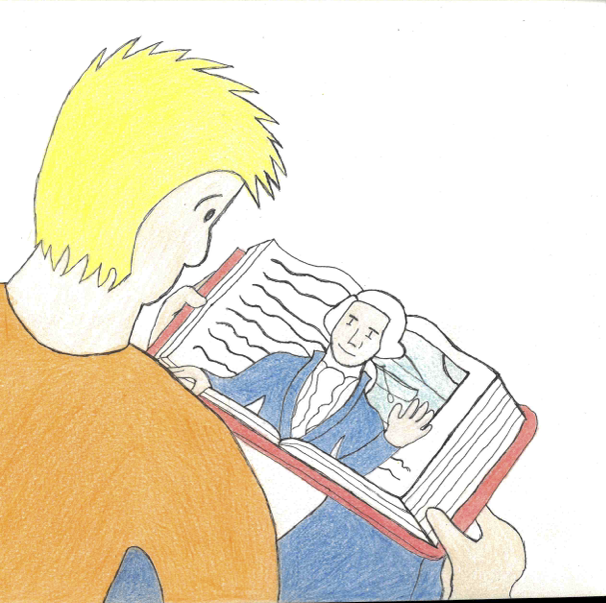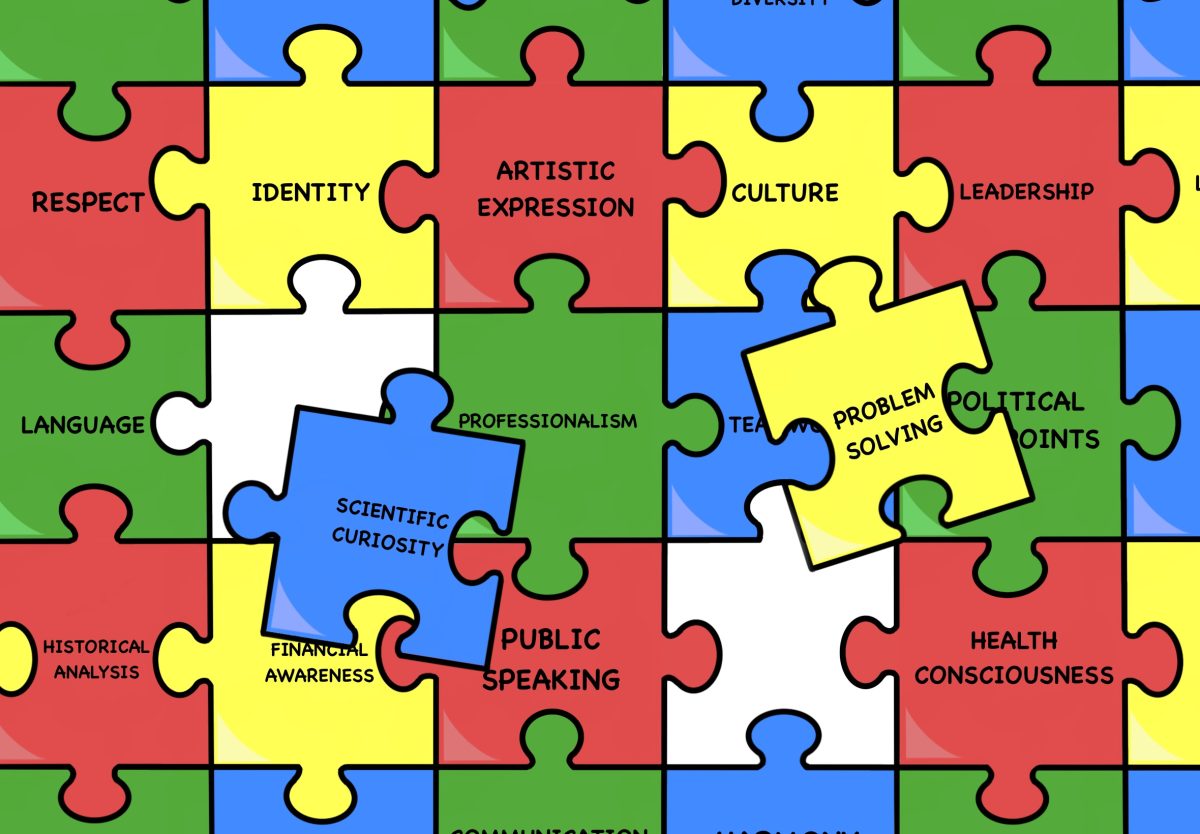
Last Wednesday afternoon, all eyes in Johns 101 were glued to the projection screen as the documentary “Pussy Riot—A Punk Prayer” introduced the students to a world of hard-core punk, Russian cathedrals, prison cells and tough-as-nails women. Pussy Riot is a group of female punk rock protesters characterized by their systematic challenges to Russian policies, which they claim are corrupt, anti-feminist, anti-LGBT and non-transparent. At the center of Pussy Riot’s ideology is a fierce, feminist-grounded anti-authoritarianism, which manifests itself in the group’s opposition to the shared power between Vladimir Putin and the Russian Orthodox Church. Seen as a threat to the Russian establishment, Pussy Riot has received significant attention from the Russian government, with two members of the punk feminist organization convicted and jailed in 2012 for apparent claims of “hooliganism.” This in turn led to widespread media attention from public figures and human rights groups throughout the Western world.
As a Furman student, it is quite easy to question why the demands of a Russian feminist organization have any relevance to those who live in mild-mannered Greenville, South Carolina. After all, many argue that the draconian policies of the Russian administration have very little in common with US legislation. It is this very argument, however, that disregards the countless cases of injustices to women that have been perpetuated and enforced by social and political structures in the United States. Without the understanding that gender discrimination is a real and devastating problem here at home, it is impossible to appreciate Pussy Riot’s global fight for equality and justice for women.
In the United States today, women are denied high-ranking positions in politics and big business, consisting of only 18.5 percent of congress and only 4.5 percent of Fortune 500 CEO positions. In the positions that they do hold, women make roughly 77 cents for every dollar a man makes. They are robbed of full rights over their own bodies through legislation that is overwhelmingly written and passed by men. Outside of the private and public spheres, women are slut-shamed by the media, catcalled on the streets, and raped in their schools and in their homes. For women who identify as transgender or queer, especially trans* or queer women of color, the likelihood of becoming a victim of physical or sexual violence and discrimination is even higher.
For those that claim that general patterns of US gender discrimination are not necessarily applicable to the Furman area, one must only research statistics on the micro scale. South Carolina has significant gender inequality problems of their own, ranking 49th in the nation for women’s representation in the state legislature and 2nd in the nation for rates of domestic violence against women. As college students, we are at risk for high rates of sexual assault; over 673,000 women who are currently attending US colleges and universities have been raped at some point in their life. Additionally, the majority of higher education institutions do not provide gender-neutral housing resources for transgender or gender queer students, who are often put into housing situations that do not correspond with their gender identity.
When watching documentaries of feminist movements such as Pussy Riot, it is important to recognize that feminism does not just matter to some nameless Russian woman living halfway around the world; it matters to all women, including the women of Furman University. As informed citizens, it is our responsibility to demand our rights and fight for the world that we want to live in. This feeling of obligation—a call to take on injustice—has not only shaped Pussy Riot to be what it is today; it is the catalyst for social change and the antidote for the very institutions that seek to delay it.


























